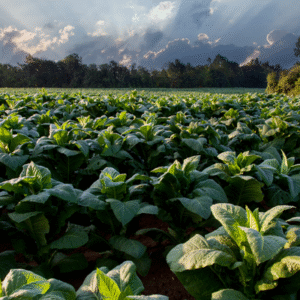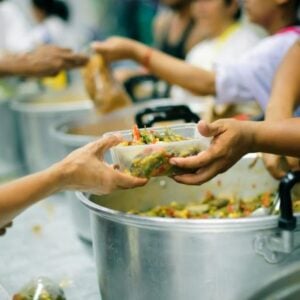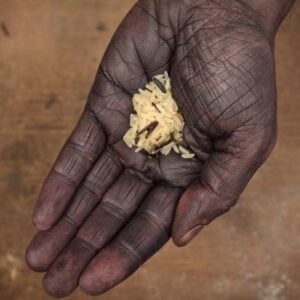Imran Abba Jihad, a disabled farmer in southwest Ethiopia, has transformed his livelihood through poultry farming under the Livestock and Fisheries Sector Development Project (LFSDP). Before joining the project, Imran had no income-generating activities and limited experience in poultry farming, leaving his family of five vulnerable to food insecurity. In 2023, he joined the Kena Poultry Production & Marketing Primary Cooperative, receiving day-old chicks, a modern poultry house, equipment, starter feed, and a matching grant. He also underwent hands-on training in poultry production and disease control through the Farmers Field School approach, which emphasizes learning by doing in real-life settings.
With no prior experience, Imran and his cooperative team successfully managed poultry over 45-day cycles, earning regular dividends and sustaining 20 young hens at home to support family nutrition. The cooperative has produced 20,000 day-old chicks across five cycles with a low 2% mortality rate, generating total revenues of 4,600,000 ETB and net profits of 1,032,000 ETB. Imran’s success illustrates how LFSDP provides pathways out of poverty and economic stability for marginalized farmers, including those with disabilities.
LFSDP is a six-year initiative funded by the World Bank, the Government of Ethiopia, and local beneficiaries, with a total budget of $176.2 million. The project supports farmers in Ethiopia’s highlands by improving value chains in poultry, dairy, red meat, and fisheries, with a particular focus on women, youth, and people with disabilities. To date, the project has reached 3.2 million farmers, formed over 10,000 Common Interest Groups, supported nearly 500 cooperatives, and strengthened 59 unions, creating income and job opportunities, including 50 positions specifically for people with disabilities in Kersa Woreda.
The initiative aligns with Ethiopia’s Ten-Year Development Plan (2021–2030), which emphasizes livestock as a driver of economic growth, job creation, and food security. Targets include boosting milk, meat, and poultry production, improving veterinary services, promoting sustainable practices, and strengthening market access and value chains. By equipping smallholder farmers with skills, inputs, and access to markets, LFSDP aims to enhance food security, livelihoods, and rural economic resilience, contributing to a more inclusive and climate-smart agricultural sector.
For farmers like Imran, LFSDP has not only provided income and food security but also empowered them with skills, confidence, and opportunities for long-term sustainable livelihoods. The project exemplifies how targeted support and inclusive development strategies can transform rural communities, strengthen the local economy, and improve resilience for vulnerable populations.







